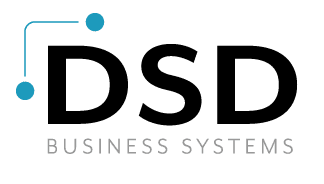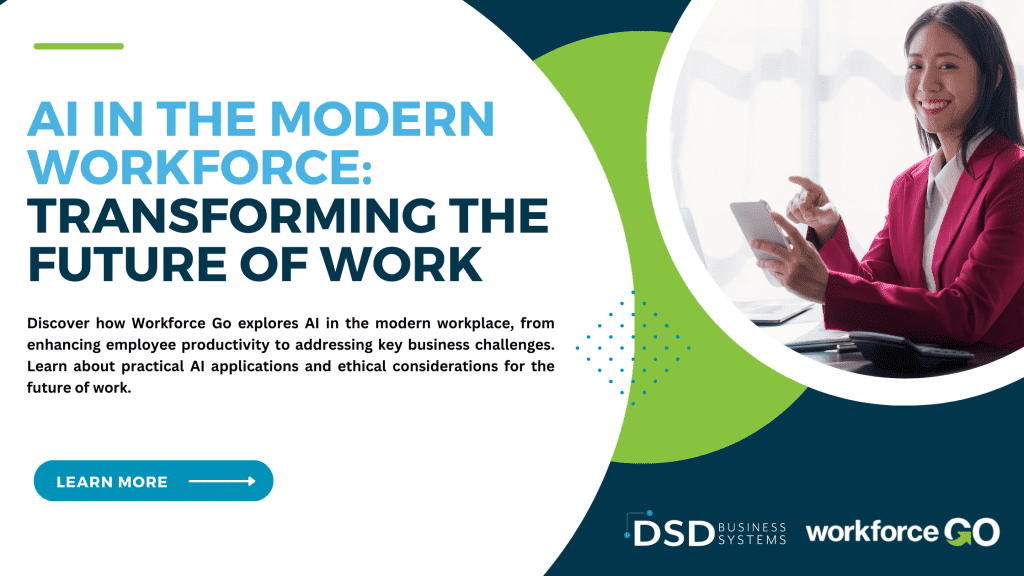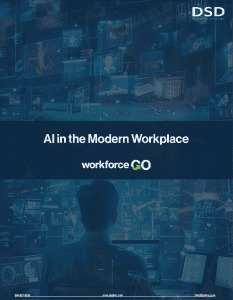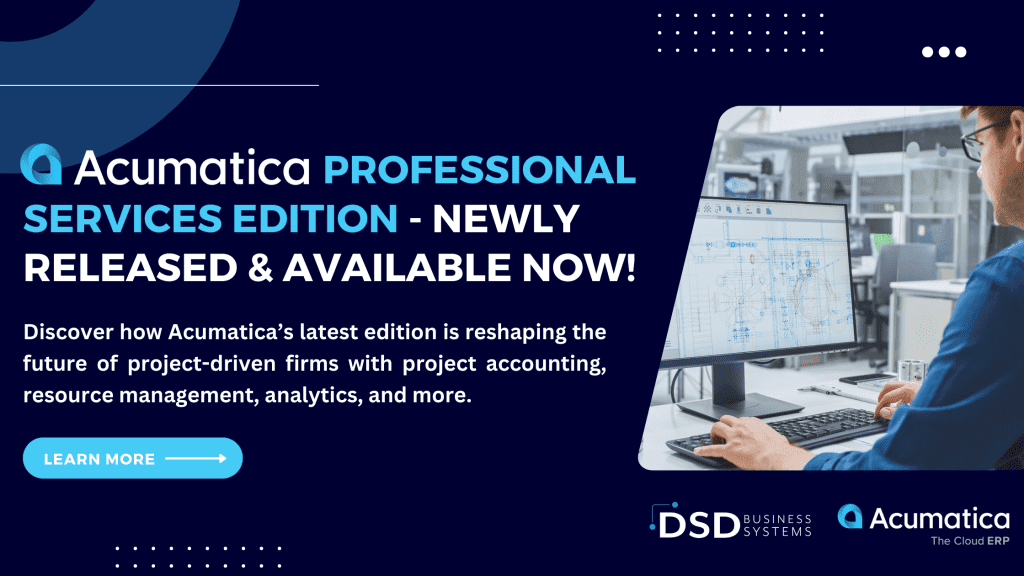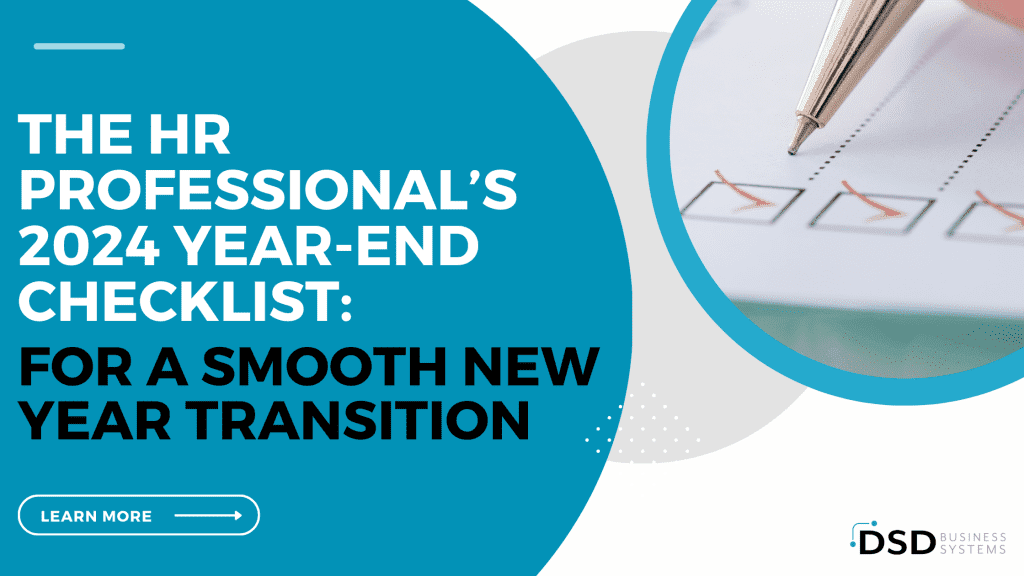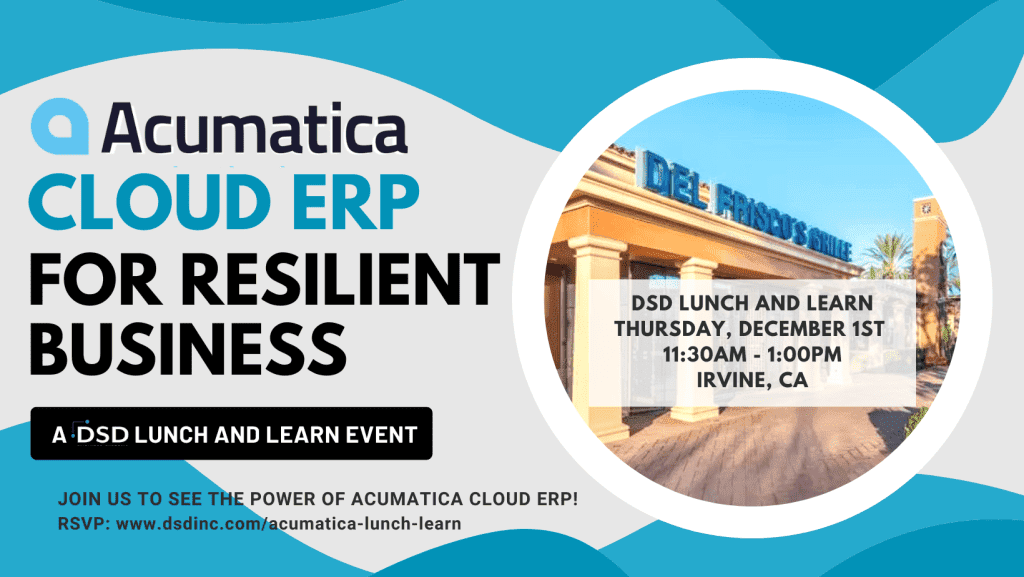AI in the Modern Workplace: Transforming the Future of Work
September 17, 2024
The rapid advancement of artificial intelligence (AI) has sparked both excitement and concern across industries. As AI continues to make headlines and dominate conversations in the corporate world, it’s clear that this technology is here to stay. Workforce Go sheds light on the impact of AI in the modern workplace, offering valuable insights for businesses looking to leverage this powerful tool.
The Current State of AI in Business
By 2026, Gartner predicts that 80% of enterprises will have used generative AI application programming interfaces (APIs) or deployed generative AI applications. This statistic underscores the growing importance of AI in the business world. However, there’s still a significant gap between executive perceptions and employee awareness regarding AI implementation.
While 78% of C-suite leaders claim to be actively using AI today, more than half of employees are unaware of how their company is currently utilizing AI. This disconnect highlights the need for better communication and education about AI within organizations.
Addressing Common Workplace Challenges
AI has the potential to address several pressing issues faced by businesses in the aftermath of global events and shifts in the labor force:
Talent acquisition and retention
Data overload management
building trust within organizations
AI as a Complement, Not a Replacement
Contrary to popular fears, AI is more likely to complement rather than replace human workers. According to Goldman Sachs research, most jobs and industries are expected to be complemented rather than substituted by AI. The tasks most likely to be automated are typically manual, repetitive, and of low strategic value.
Practical Use Cases for AI in the Workplace
For Individual Contributors
and Frontline Workers
Flexible Scheduling
Intelligent shift-swapping and flexible scheduling
Financial Empowerment
Automated on-demand pay for enhanced financial wellbeing
Career Growth
Career pathway identification and skill matching
For HR Professionals
Talent Acquisition
Streamlined recruiting and personalized onboarding
Workforce Analytics
Predictive analytics for workforce issues like turnover and skills gaps
Inclusive Culture
Diversity and inclusion insights
For Managers
Team Support
Real-time support and guidance for team members
Skill Development
Identification of skill development opportunities
Leadership Enhancement
AI-prompted leadership recommendations
The Importance of Ethical AI
As organizations implement AI solutions, it’s crucial to prioritize ethical considerations. Four key aspects of ethical AI:
Fairness and Inclusiveness
Promoting equitable outcomes and avoiding bias
Transparency
Clearly explaining when, how, and why AI is being used
Privacy and Security
Protecting customer data and proprietary information
Reliability
Continuous training, testing, and monitoring for accuracy and unintentional bias
Choosing the Right AI Solution
When selecting an AI-driven solution, organizations should look for:
A holistic view of workforce data
The ability to leverage complex culture data
Strong security measures and ethical considerations
Opt-in/opt-out options for sharing sensitive information
The Future of Work with AI
By embracing AI technology, organizations can create more efficient, equitable, and engaging workplaces. AI has the potential to act as a great equalizer, ensuring a diverse and inclusive environment while empowering employees at all levels to make data-driven decisions. As we stand at the beginning of this AI revolution, organizations that invest in AI and educate their workers today will become the great workplaces of tomorrow. The future of work is here, and it’s powered by AI.
